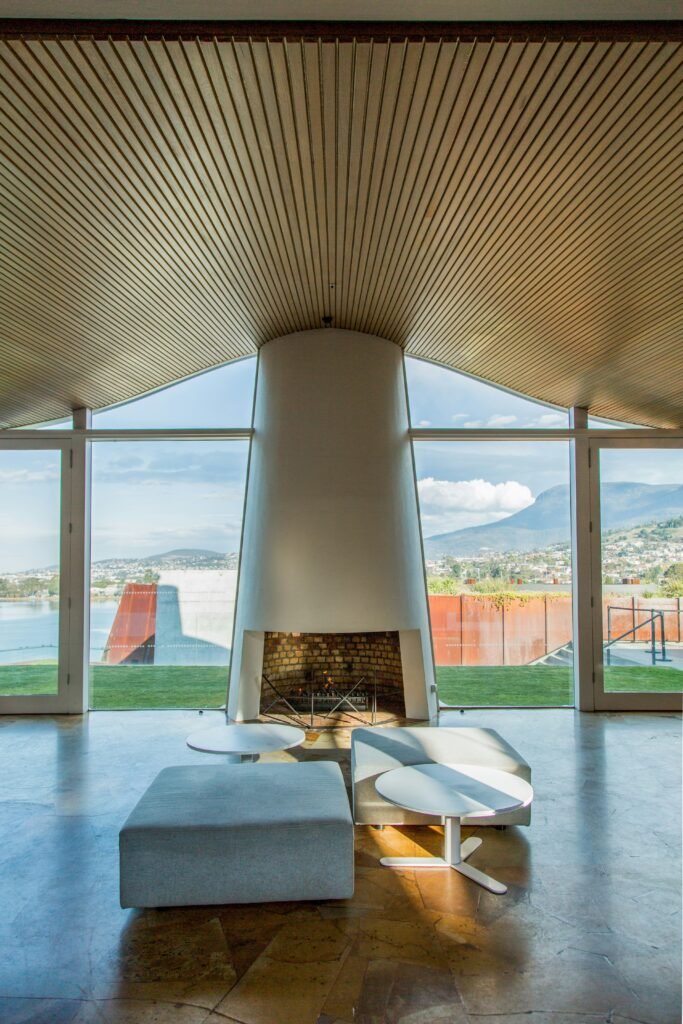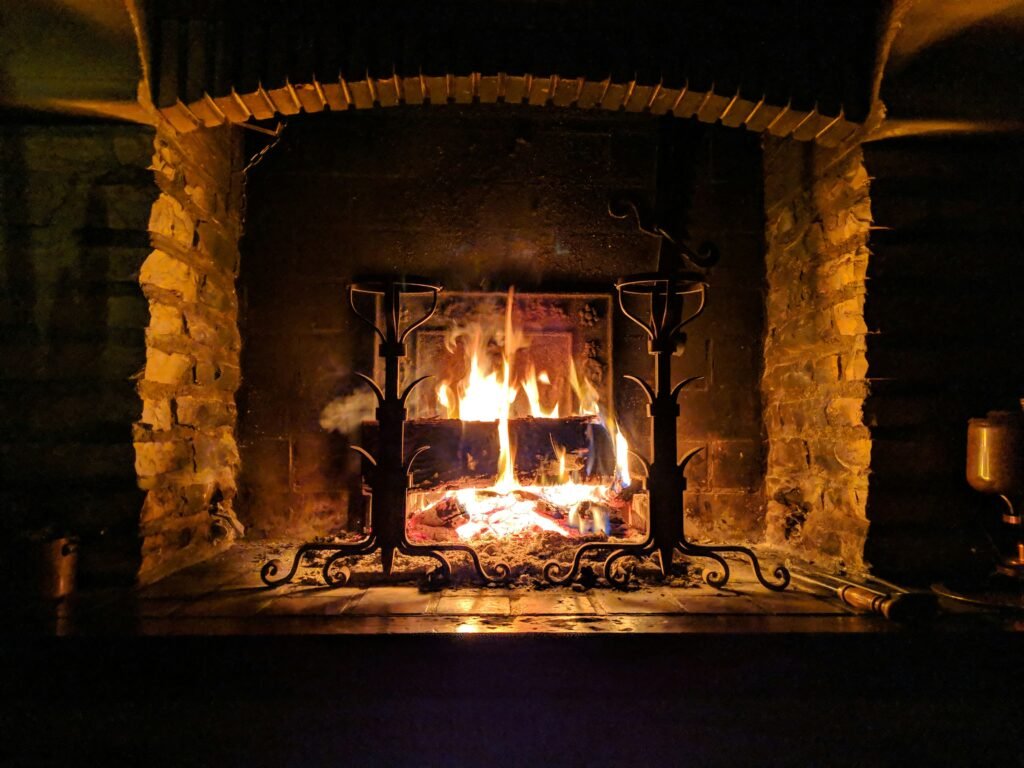Imagine the cozy ambiance of a crackling fireplace, filling your living space with warmth and comfort on a chilly evening. Now, picture the perfect fireplace heater that not only adds to the aesthetic appeal of your room but also efficiently heats your space. Whether you have a small apartment or a large living room, finding the ideal fireplace heater is essential. In this article, you’ll discover why size matters when it comes to selecting the right fireplace heater capacity for your unique needs. With our helpful tips and insights, you’ll be well on your way to creating the ultimate cozy retreat in your home.
Best Fireplace Heaters Available
Factors to Consider
When looking for the ideal fireplace heater for your space, there are several factors you should consider to ensure that it meets your needs and preferences. These factors include the BTU output, heating area, and safety features.
BTU Output
BTU, or British Thermal Units, is a measurement of heat output. The BTU output of a fireplace heater determines how efficiently it can heat a room. The higher the BTU rating, the more heat the fireplace can generate. When choosing a fireplace heater, it’s important to consider the size of the space you want to heat. A larger room may require a fireplace with a higher BTU output to effectively warm the area.
Heating Area
Another crucial factor to consider is the heating area of the fireplace heater. This refers to the maximum square footage that the heater can effectively heat. It’s essential to know the size of your room and choose a fireplace heater with a heating area appropriate for it. If you have a large living room, for example, you’ll need a fireplace heater with a larger heating area to ensure proper warmth distribution.
Safety Features
Fireplace heaters can pose potential safety risks if not equipped with adequate safety features. When selecting a fireplace heater, look for safety features such as an auto-shutdown function that turns the heater off if it overheats or tips over. Additionally, consider models with cool-touch exteriors to prevent accidental burns, especially if you have children or pets in your home.
Types of Fireplace Heaters
There are several types of fireplace heaters available on the market, each with its own set of advantages and disadvantages. Understanding these types can help you make an informed decision while choosing the perfect fireplace heater for your space.
Electric Fireplace Heaters
Electric fireplace heaters are popular for their convenience and ease of use. They provide heat by converting electrical energy into heat using heating elements. Electric fireplace heaters often come with realistic flame effects that add to the ambiance of a room. They are typically easy to install, requiring only an electrical outlet, and can be operated with a remote control.
Gas Fireplace Heaters
Gas fireplace heaters are a popular choice for homeowners who prefer the comfort and convenience of gas-powered appliances. These heaters use either natural gas or liquid propane to generate heat. Gas fireplace heaters provide an authentic flame appearance and can be installed with a direct vent or vent-free system. They often come with variable control options, allowing you to adjust the heat output to your liking.
Wood-Burning Fireplace Heaters
For those seeking a more traditional and rustic feel, wood-burning fireplace heaters offer an appealing option. These heaters use wood as fuel to produce heat and create a cozy atmosphere. Wood-burning fireplace heaters require a chimney or flue for proper ventilation and can be a great option if you enjoy the crackling sound and scent of burning wood. However, they do require regular maintenance and cleaning.
Gel Fireplace Heaters
Gel fireplace heaters utilize special gel fuel to produce heat and flames. They are highly portable and often come in decorative designs, making them a great choice for those who prioritize aesthetics. Gel fireplace heaters do not require any venting or installation, as they are typically freestanding or tabletop units. However, they may not provide as much heat output as other types of fireplace heaters.

This image is property of images.unsplash.com.
Top Picks For Fireplace Heaters
Electric Fireplace Heaters
Electric fireplace heaters offer a range of advantages that make them a popular choice among homeowners.
Advantages
One of the main advantages of electric fireplace heaters is their simplicity and ease of use. They are often plug-and-play units, requiring minimal installation. Electric fireplace heaters also offer the convenience of adjustable heat settings and flame effects, allowing you to create the desired ambiance in your space. Additionally, they are typically safe to use, with built-in safety features such as automatic shut-off and cool-touch exteriors.
Disadvantages
While electric fireplace heaters offer many benefits, there are a few potential drawbacks to consider. One of the main disadvantages is their reliance on electricity. If you experience a power outage, the heater will not function. Electric fireplace heaters also may not provide as much heat output as other types of fireplace heaters, making them less suitable for larger spaces or extremely cold climates.
Gas Fireplace Heaters
Gas fireplace heaters are a popular choice for their convenience and versatility.
Advantages
One of the key advantages of gas fireplace heaters is their high heat output. These heaters can quickly and efficiently warm up a room, making them ideal for colder climates or larger areas. Gas fireplace heaters also offer the convenience of instant heat with just a flip of the switch or press of a button. They often come with remote control options, allowing you to adjust the heat and flame settings without having to get up from your seat.
Disadvantages
One potential disadvantage of gas fireplace heaters is the need for a gas line connection, which may require professional installation. This can be a more complex and costly process compared to other types of fireplace heaters. Gas fireplace heaters also require regular maintenance to ensure safety and efficiency, including inspections and cleaning of gas lines and burner assemblies. Additionally, the installation of a vent system may be necessary, especially for direct vent models.

This image is property of images.unsplash.com.
Wood-Burning Fireplace Heaters
Wood-burning fireplace heaters add a touch of natural charm and warmth to any space.
Advantages
One of the main advantages of wood-burning fireplace heaters is their authenticity and ambiance. The crackling sound and pleasant aroma of burning wood create a cozy atmosphere that many find appealing. Wood is also a renewable and relatively inexpensive fuel source, making wood-burning fireplace heaters a cost-effective option. In regions with access to abundant wood, this type of heater can provide a sustainable and economical heating solution.
Disadvantages
The main disadvantage of wood-burning fireplace heaters is the maintenance they require. Regular cleaning is necessary to remove ash and creosote buildup to ensure proper ventilation and prevent fire hazards. Wood storage and handling can also be a hassle, as it requires space and effort to keep a sufficient supply. Additionally, wood-burning fireplace heaters may not be suitable for those with respiratory issues or living in areas with strict air quality regulations.
Gel Fireplace Heaters
Gel fireplace heaters offer a unique combination of portability and aesthetics.
Advantages
One of the standout advantages of gel fireplace heaters is their portability. These heaters are typically freestanding or tabletop units that can be easily moved around your space. This makes them a versatile heating option, as you can place them wherever you need warmth and ambiance. Gel fireplace heaters also come in various attractive designs, adding a decorative element to your room.
Disadvantages
Gel fireplace heaters may not provide as much heat output as other types of fireplace heaters. They are often more suitable for smaller spaces or as supplemental heating sources. Another potential drawback is the need to purchase gel fuel canisters, which can add to the ongoing cost of using the heater. Gel fuel may also produce a slight odor when burned, although it is generally minimal compared to wood or gas options.

This image is property of images.unsplash.com.
Installation Options
Choosing the right installation option for your fireplace heater is crucial to ensure it fits seamlessly into your space.
Wall-Mounted Fireplace Heaters
Wall-mounted fireplace heaters offer a sleek and modern look that can enhance the aesthetic appeal of your room. These heaters are mounted on the wall, often with the ability to be recessed for a flush appearance. Wall-mounted fireplace heaters are an excellent choice if you have limited floor space or want to create a focal point on your wall.
Freestanding Fireplace Heaters
Freestanding fireplace heaters provide the flexibility to move the heater to different locations as needed. They are typically standalone units that can be placed on the floor or on a piece of furniture. Freestanding fireplace heaters come in various designs and styles, ranging from classic to contemporary, allowing you to choose one that complements your existing décor.
Insert Fireplace Heaters
If you already have an existing fireplace structure, insert fireplace heaters can be a convenient option. These heaters are designed to fit inside an existing fireplace opening, instantly transforming it into an efficient heat source. Insert fireplace heaters often come with built-in fans to distribute heat effectively and can be an excellent choice for those looking to upgrade their traditional wood-burning fireplace.
Design and Aesthetics
Fireplace heaters not only provide warmth but can also serve as a stylish focal point in your space. Consider the design and aesthetics of the heater to ensure it matches your personal taste and the overall decor of your room.
Traditional Fireplace Heaters
For a classic and timeless look, traditional fireplace heaters are an excellent choice. These heaters often feature ornate details, such as intricate mantels and molding, to mimic the appearance of a traditional wood-burning fireplace. Traditional fireplace heaters add a touch of elegance and sophistication to any space.
Contemporary Fireplace Heaters
Contemporary fireplace heaters offer a modern and sleek design that complements minimalist and contemporary interiors. These heaters often feature clean lines, smooth finishes, and minimalist details. Contemporary fireplace heaters can be a striking addition to a contemporary living room or bedroom.
Modern Fireplace Heaters
Modern fireplace heaters combine functionality and aesthetics, featuring cutting-edge designs and innovative features. These heaters often incorporate advanced technologies, such as touch-screen controls and remote access capabilities. Modern fireplace heaters make a bold statement and can instantly elevate the style of your room.
Energy Efficiency
Considering the energy efficiency of a fireplace heater is essential to ensure it not only provides warmth but also helps you save on energy costs.
Heating Efficiency
When it comes to heating efficiency, different types of fireplace heaters vary. Gas fireplace heaters are generally more efficient than wood-burning options, as they provide a higher amount of heat output with less heat loss. Electric fireplace heaters can also be efficient, especially if they come with features like adjustable thermostats and timers to optimize energy usage.
Energy Consumption
It’s important to consider the energy consumption of the fireplace heater to determine its long-term cost. Electric fireplace heaters consume electricity, so it’s crucial to choose energy-efficient models that have low wattage. Gas fireplace heaters rely on natural gas or propane, and their energy consumption will depend on the heat settings and usage duration. Wood-burning fireplace heaters utilize renewable wood as fuel, but the fuel efficiency can vary depending on the wood quality and dryness.
Maintenance and Upkeep
Regular maintenance and upkeep are necessary to ensure the optimal performance and longevity of your fireplace heater.
Cleaning Requirements
Different types of fireplace heaters have different cleaning requirements. Electric fireplace heaters typically require minimal cleaning, as they do not produce ash or soot. Occasional dusting and cleaning of the glass front are usually sufficient. Gas fireplace heaters may require periodic cleaning of the burner assembly and the venting system to remove debris and ensure proper airflow. Wood-burning fireplace heaters need regular cleaning to remove ash and creosote buildup, and the chimney or flue should be inspected and cleaned annually.
Replacement Parts
Over time, certain parts of the fireplace heater may wear out or require replacement. It’s important to consider the availability and cost of replacement parts when choosing a fireplace heater. Electric fireplace heaters often have easily replaceable components, such as light bulbs for the flame effects. Gas fireplace heaters may require professional assistance for replacement parts and maintenance. Wood-burning fireplace heaters may require replacement parts for the chimney or flue system.
In conclusion, finding the ideal fireplace heater for your space involves considering factors such as BTU output, heating area, and safety features. Understanding the types of fireplace heaters, including electric, gas, wood-burning, and gel, can help you make an informed decision based on their advantages and disadvantages. Installation options, design and aesthetics, energy efficiency, and maintenance and upkeep are additional factors to consider in your search for the perfect fireplace heater. By carefully evaluating these aspects, you can find a fireplace heater that not only keeps you warm but also enhances the overall ambiance and comfort of your space.




